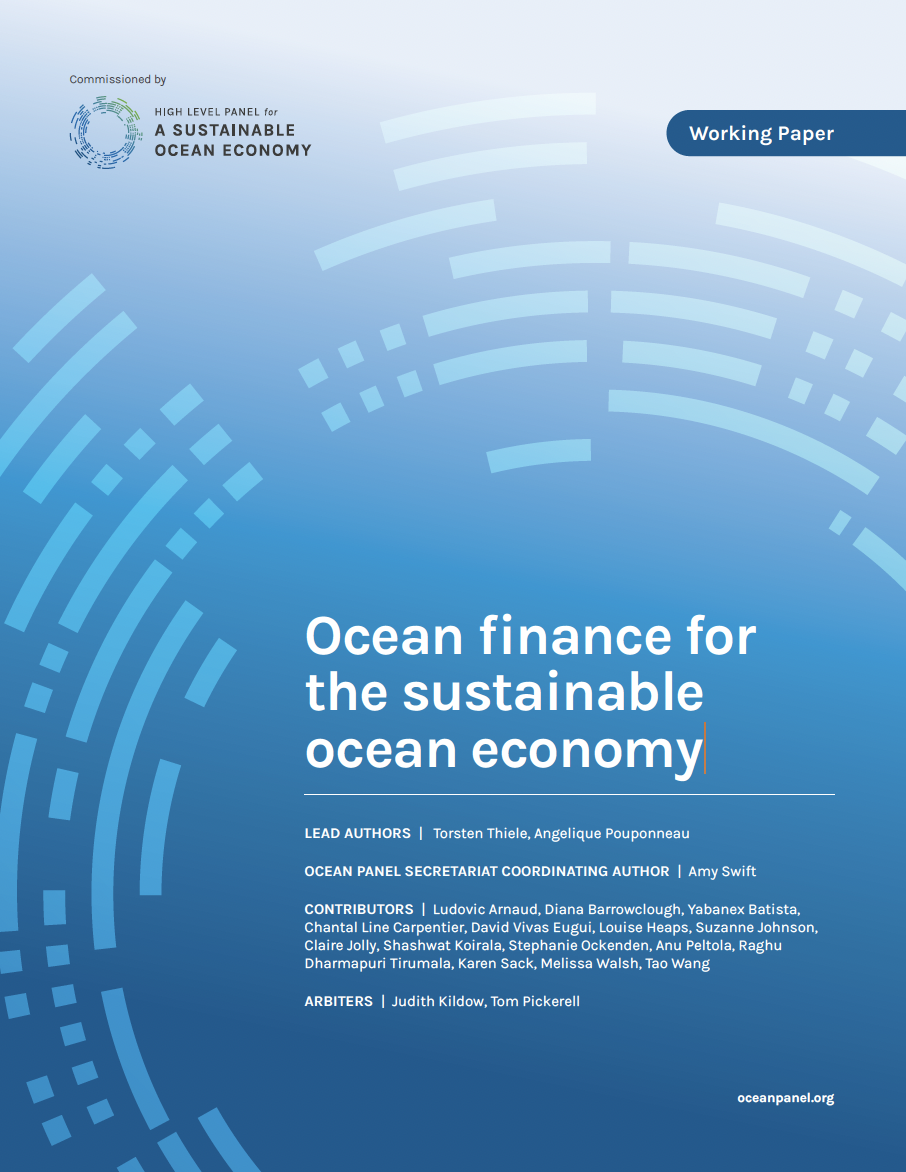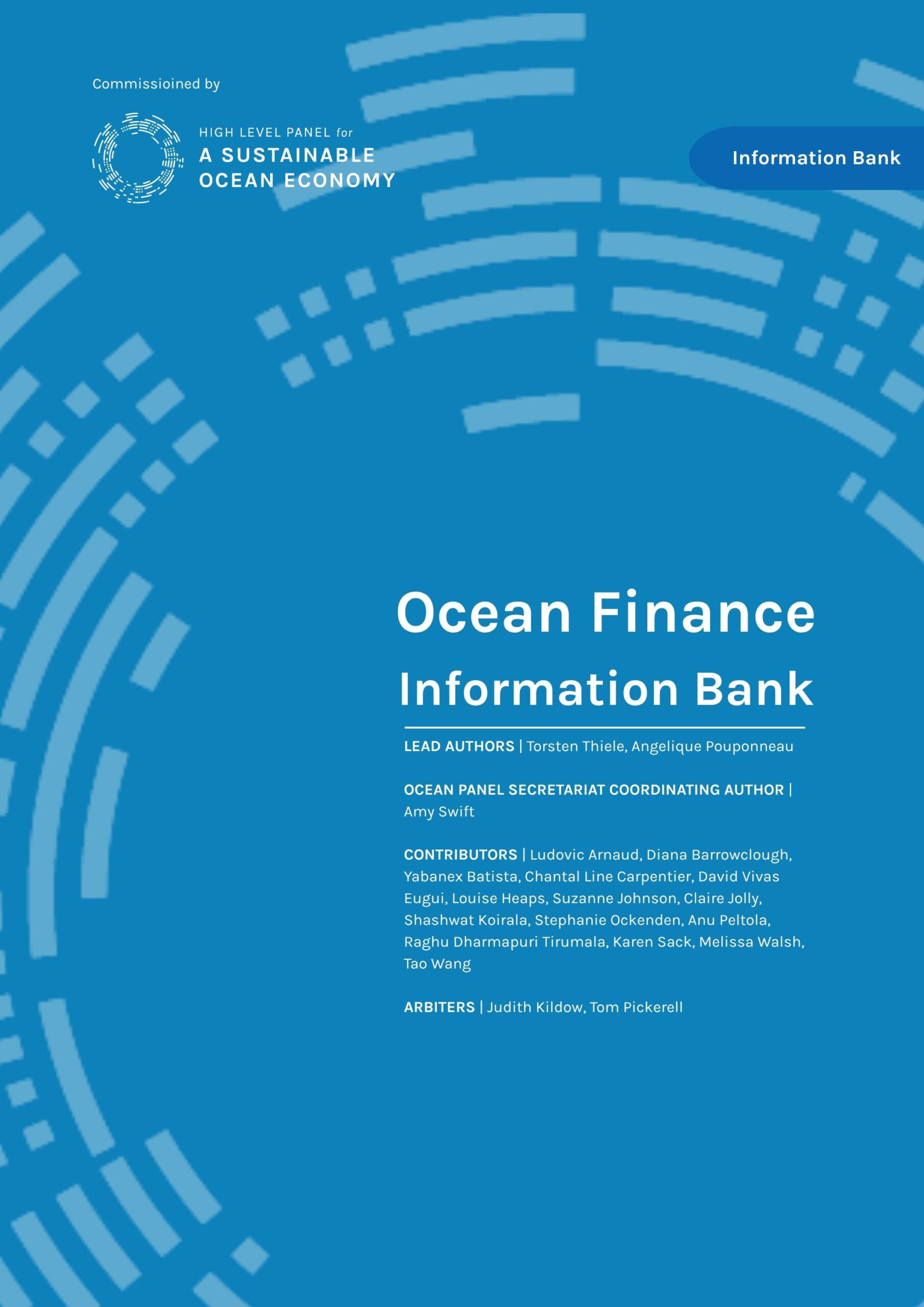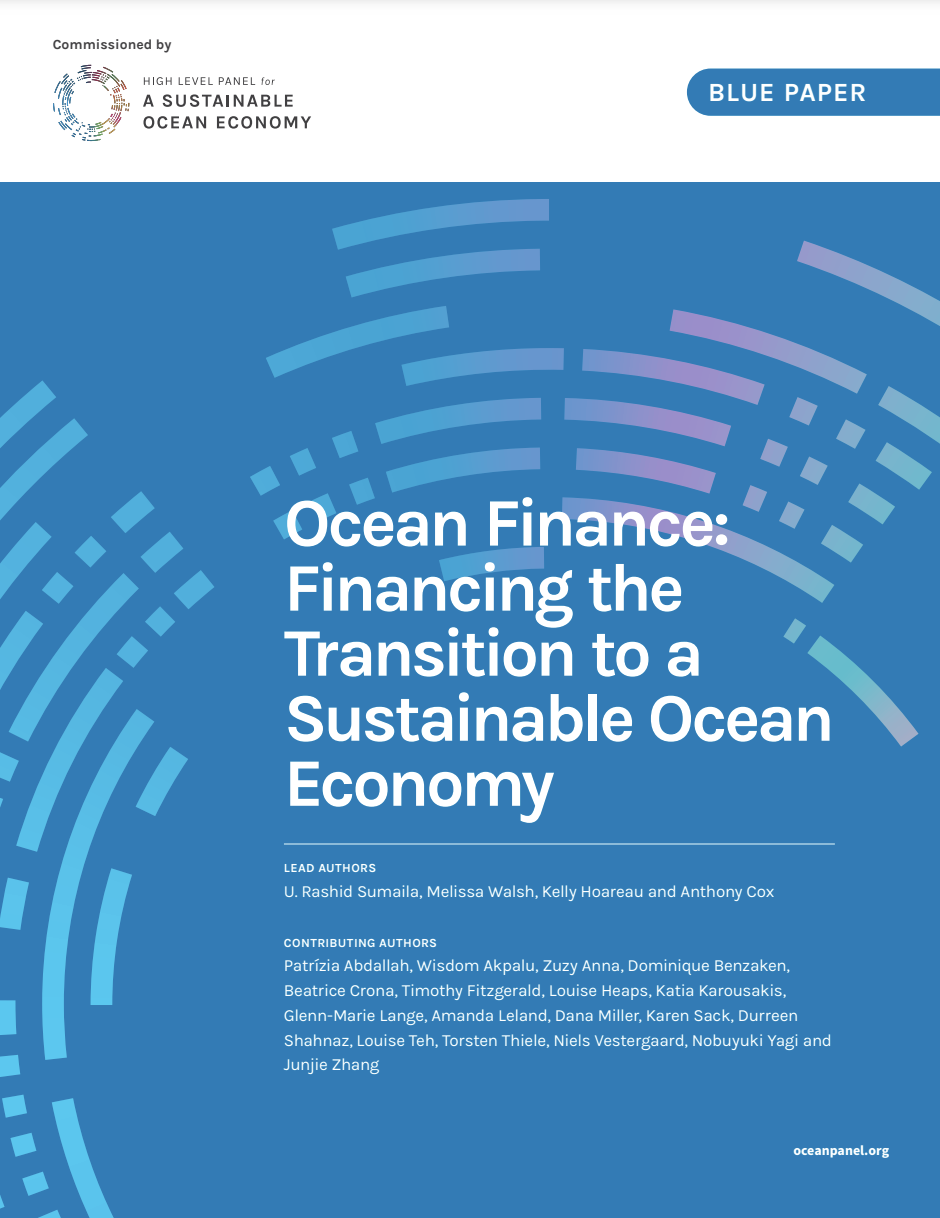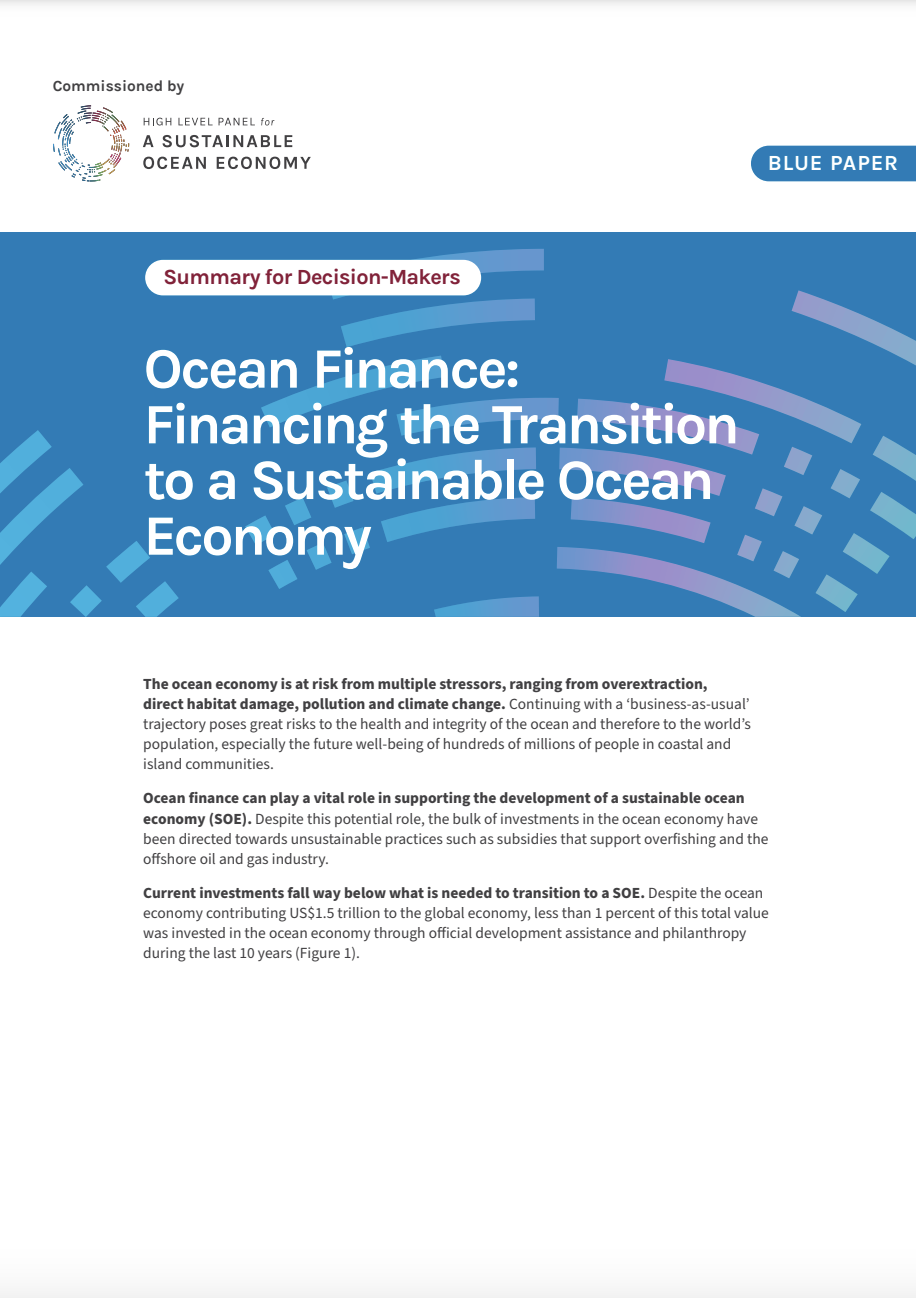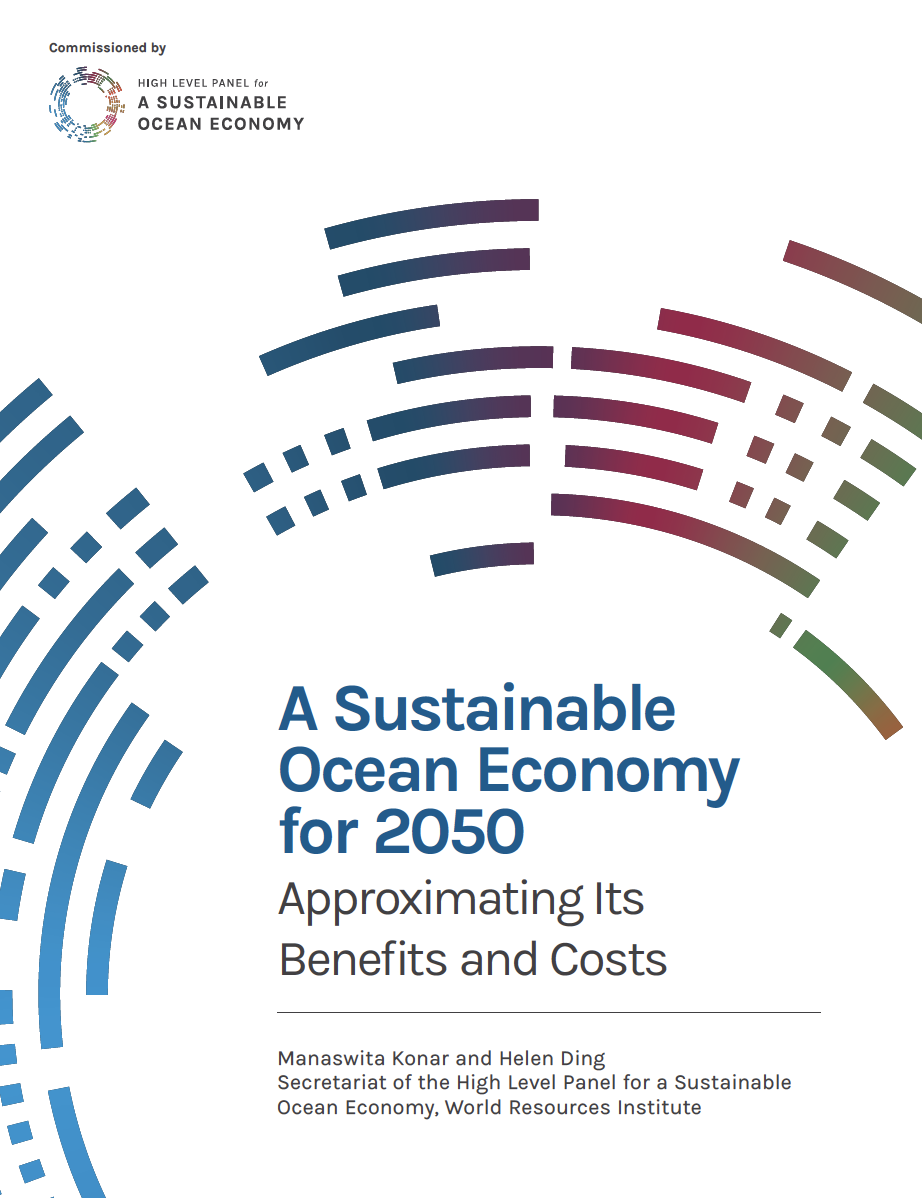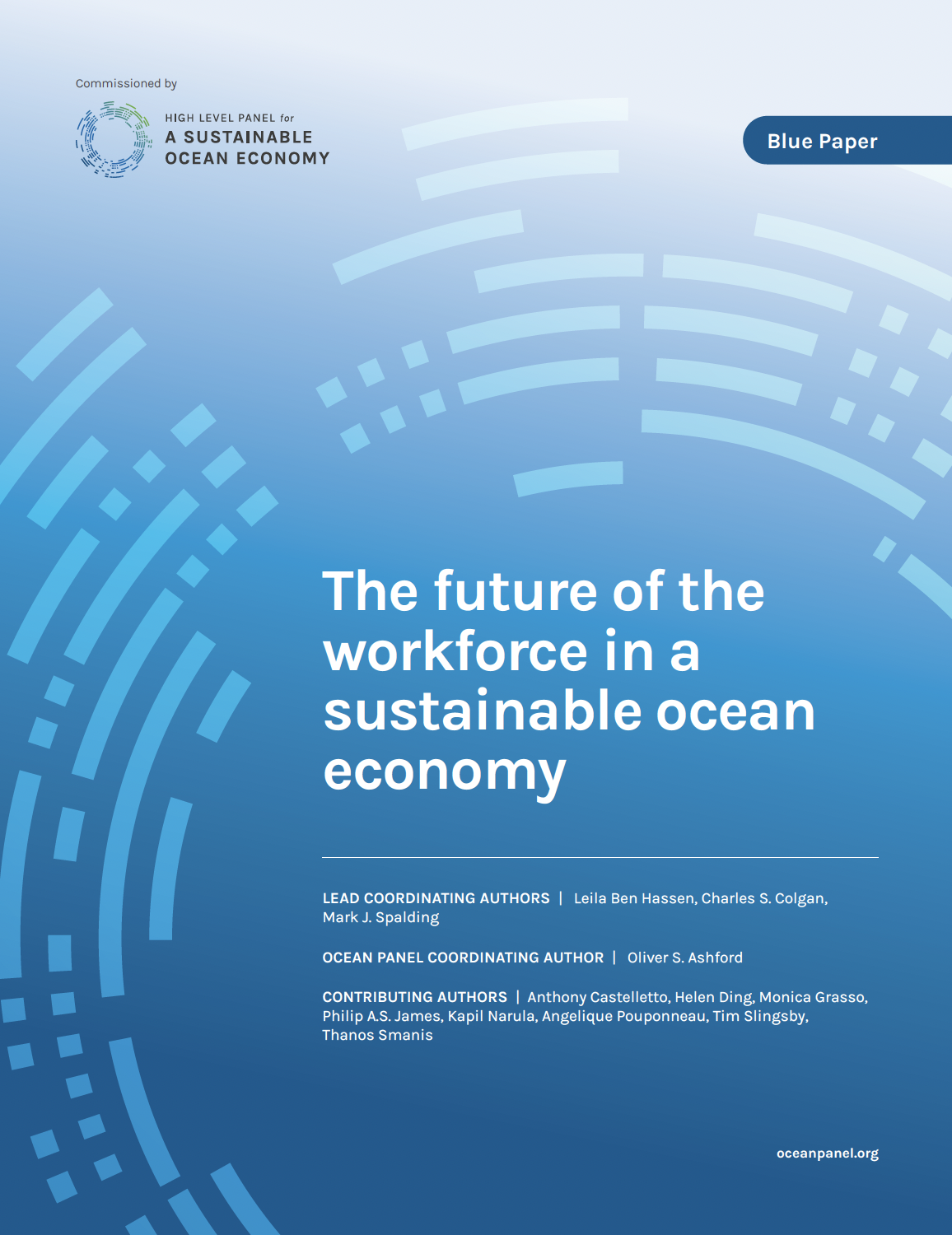Launched 6 June 2025, the working paper ‘Ocean Finance for the Sustainable Ocean Economy’ presents a critical assessment of the state of global ocean finance and the transformative actions needed to align financial flows with a sustainable ocean economy.
The analysis reveals that current investments fall significantly short of the estimated $550 billion annually required to secure long-term ocean health. Despite the ocean’s vital role in climate regulation, food security, and livelihoods, less than 1% of official development assistance and philanthropic funding is directed toward ocean sustainability. Fragmented financial structures across sectors and agendas—such as biodiversity and climate—further undermine impact and coherence.
Without a shift in course, the economic risks are considerable. Harmful and unsustainable ocean practices could result in more than $8 trillion in losses by 2050. Redirecting financial flows toward sustainable activities—supported by robust governance, fiscal reform, and integrated planning such as Sustainable Ocean Plans—can drive resilience and shared prosperity.
The paper highlights the promise of innovative and blended finance mechanisms, including blue bonds, guarantees, and debt-for-nature swaps, to unlock capital at scale. Evidence suggests that every $1 invested in ocean solutions could yield at least $5 in global benefits by 2050, yet such tools remain underutilised and poorly adapted to the ocean context.
Crucially, the paper underscores the need to build ocean finance literacy and prioritise equity, particularly for Small Island Developing States (SIDS) and Least Developed Countries (LDCs). These nations, custodians of critical marine biodiversity, often face structural barriers to accessing finance. Addressing these gaps through concessional funding, technical support, and capacity-building is essential to ensure all nations can meaningfully participate in and benefit from a sustainable ocean economy.
https://doi.org/10.69902/ef05410a


 以前的
以前的

